
2019-05-01
From April 20 to 21, 2019, the Academic Annual Meeting of the Academic Committee of Archival Fundamentals of the Chinese Archives Society and the First Archives Innovation Forum were held in Nanning, Guangxi. The theme of the annual meeting is "Technological Change and Archives Management Innovation". It is co-sponsored by the Academic Committee of Archives Fundamental Theories of the Chinese Archives Society and the Journal of Archives Newsletter. It is sponsored by Guangxi University for Nationalities.
Huang Haomin, Deputy Secretary-General of the Chinese Archives Society and Deputy Editor of Archives Research, Vice-President of the Chinese Archives Society, Director of the Academic Committee of Basic Archives Theory, Dean of the School of Information Resources Management of Renmin University of China, Professor Zhang Bin, Chief Editor of Archives Communication, Professor Li Zhenggang, Vice-President of Guangxi University for Nationalities, Vice-President of Sichuan Archives, and Zhuang Nationality in Guangxi Province, Farmer Zhi, deputy director of the district archives, Professor Xu Yongjun, Deputy Secretary of the School of Information Resources Management, Renmin University of China, PhD supervisor, Liao Maolong, director of the Nanning National Archives, Professor Chen Yongqing, Dean of the School of Management, Guangxi University for Nationalities, Vice President Zhang Haijian of the Intelligent City Business Group of Science and Technology University Xunfei Co., Ltd., General Manager Cheng Xin, Tongfangzhi Network Public Service The chief editors and editors of journals such as Archives Newsletter, Beijing Archives, Archives and Construction, Archives Management, Lantai World, Archives Space-time, People's Congress Copied Newspaper Materials and Archives, and more than 150 members of the Academic Committee on Basic Archives Theory, representatives of enterprises, institutions and teachers and students of universities participated in the meeting.
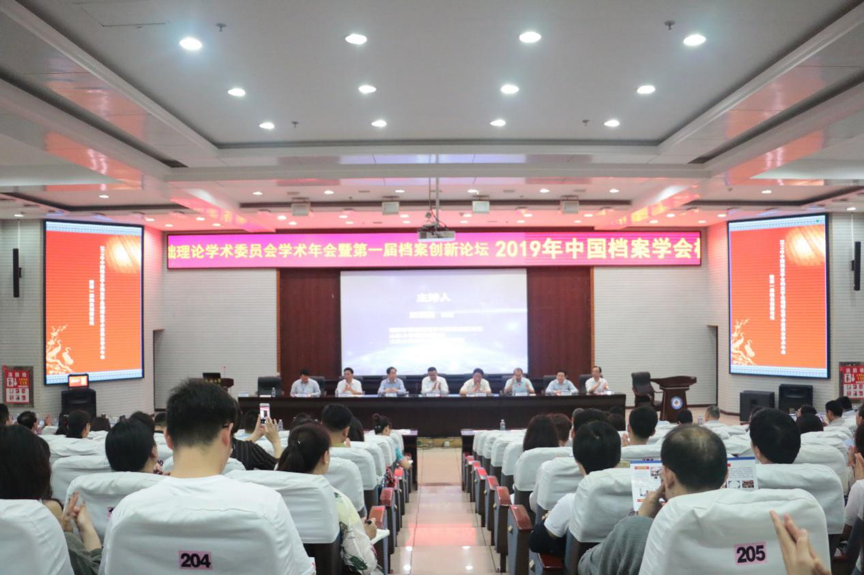
Professor Zhang Bin, Professor Wang Yingwei, Professor Xu Yongjun, Associate Professor Niu Li, Director Zhang Quanhai, Teacher Jia Xiaoshuang, Teacher Liu Lichao, Ph.D. students Xiong Wenjing, Li Zilin, Wu Zhijie, Ren Qionghui, and 12 Master students Zeng Jingyi attended the meeting.
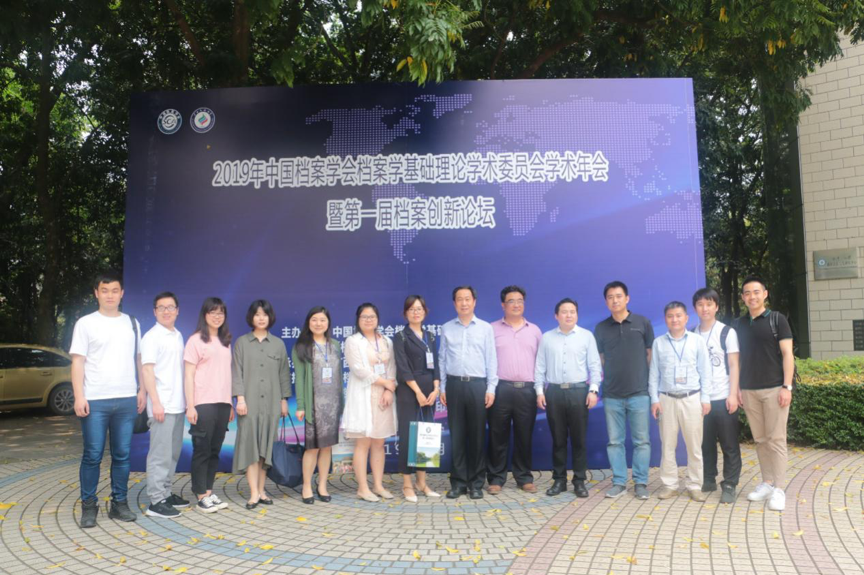
At the opening ceremony, Professor Zhang Bin delivered a speech. President Zhang first expressed his heartfelt thanks to the leaders for coming, pointing out that the changes brought about by the new digital age have brought great impact on the archives. The conference chose "Technological Change and Archives Management Innovation" as the theme, and made a great innovation in a wide range of topics. A total of 14 thematic reports were arranged, as well as exchanges between editors-in-chief of archival core journals and posters of innovative papers. It is believed that the participants will have some enlightenment and harvest.
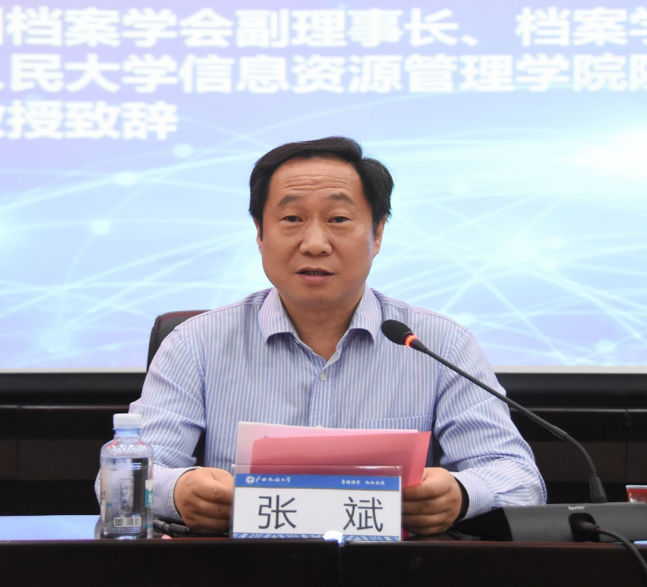
Professor Wang Yingwei gave a keynote report "Some Views on the Development of Basic Archives Theory in China". Professor Wang first put forward the "six concepts" of the basic theory construction of archival science: self-consciousness, self-reflection, self-confidence, self-respect, self-renewal and self-improvement. He advocated breaking away from the traditional ideological system of archival science, introducing new knowledge theory and establishing new archival theory in breaking. At the same time, we should pay attention to the relationship between "introduction and digestion, inheritance and development, blind obedience and rationality, deconstruction and reconstruction" of theory. Secondly, it analyses the contents of the construction from three aspects: the ontology theory of archives, the basic theory of archives management and the basic contradiction of archives management. Finally, it introduces the model map of archives continuum, and defines the value of archives from the perspective of archives unitary subject and multi-value. That is to say, the value of archives is the result of the comprehensive expression of the usefulness of different social subjects to the same object of archives. 。
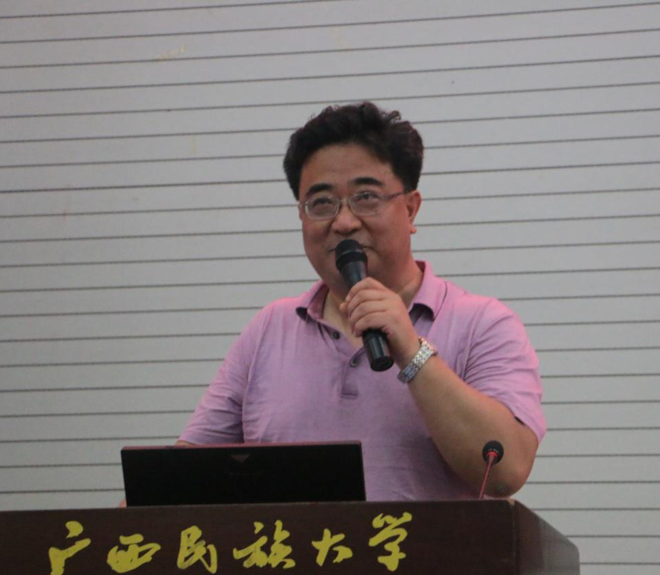
Professor Xu introduced the development course, working team, editorial committee, social evaluation, manuscript review system, manuscript review process, manuscript recording rules, paper template and some matters needing attention of the Journal Archives Innovation Academic Exchange. He proposed that Archives Communication would like to work with authors and readers to promote the prosperity and development of archives academia.
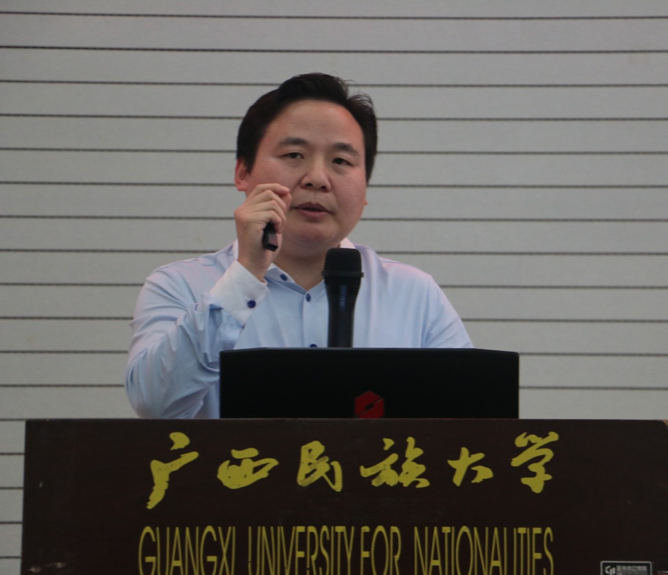
Excellent papers and journal editor-in-chief face-to-face communication link, doctoral student Wu Zhijie introduced the conference "Crux and Decision – Analysis of Archives Editing and Research under the New Technology Environment". Zhang Quanhai, editor-in-chief of Archives Newsletter, commented on the papers.
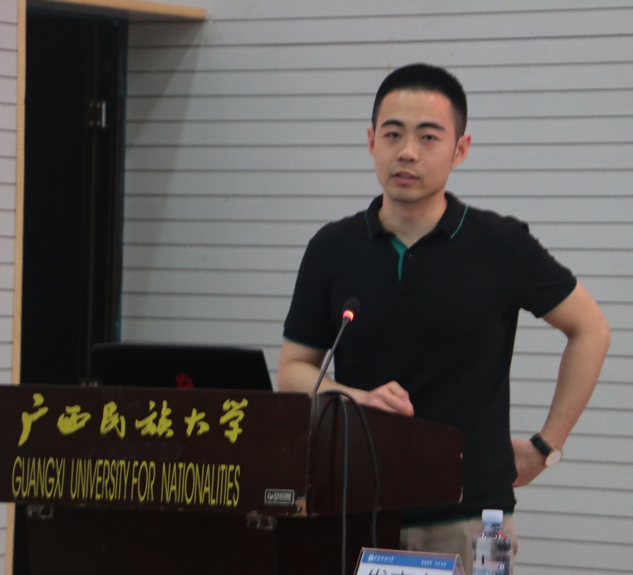
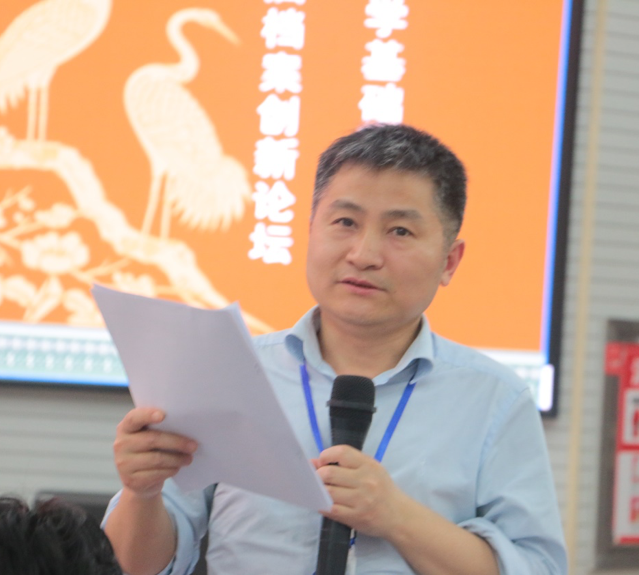
In addition, Jia Xiaoshuang and Xiong Wenjing, Ph. D. students, made thematic reports respectively.
Jia Xiaoshuang analyzed the connotation of archives socialization with the title of "Archives Socialization: Connotation, Performance and Impact". That is to say, the process of promoting archives structure and social relations by deepening decentralization and promoting public participation in the field of archives, and put forward the manifestations of archives socialization, including resource socialization, management socialization and service socialization. Finally, he put forward the idea of archives socialization. The impact of archives socialization: For archives theorists, archives socialization means that archives theory needs destructive innovation; for archives practitioners, archives socialization means that archives work needs to be repositioned.
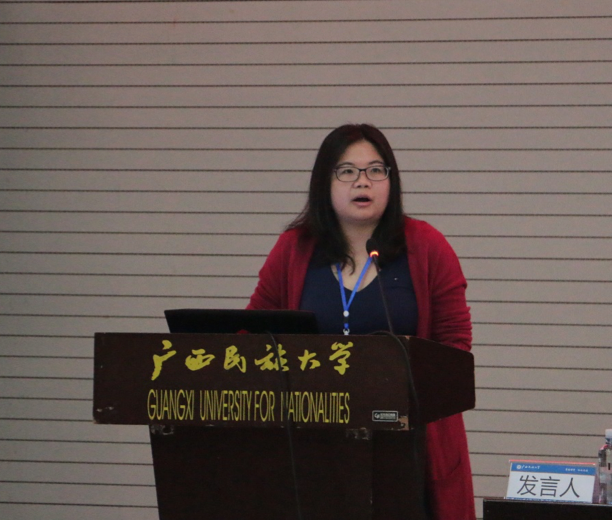
Dr. Xiong Wenjing takes Criticism of Postmodernist Archives View – From the Perspective of Historical Materialism as the theme, and introduces the origin of his speech from the phenomenon of historical nihilism in the current new media environment. Then it introduces four manifestations of the fallacy of post-modernist archival view under the historical materialism: (1) highlighting uncertainty: the loss of archival objectivity; (2) advocating centerless consciousness: the fragmentation of archives as a whole; (3) advocating deconstructionism: the game of archival narrative; (4) advocating pluralistic values: the subversion of archival text meaning. At the same time, it advocates that the value of archives should be brought into play from four aspects: strengthening archives management, paying attention to the sound of archives, daring to use archives as a sword, and promoting the education of archives.
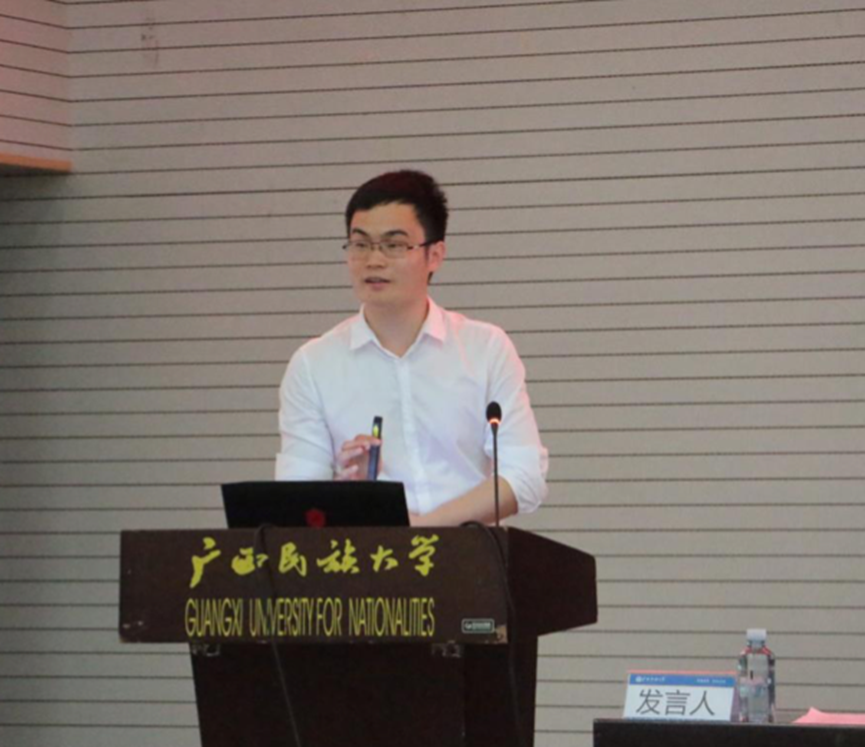
- Faculty from the School of Information Resource Management attended 2023 Annual Meeting of the International Electrotechnical Commission’s Smart City System Committee
- Faculty and Students of the School of Information Resources Management participate in the 2023 ICA International Congress on Archives
- The 20th China Information Resources Management Forum and the Inaugural Meeting of the Autonomous Knowledge System Alliance for Information Resources Management Discipline in China were successfully held
- The international publication of papers from the School of Information Resource Management (SIRM) at Renmin University of China, by teachers and students since June 2022
- Vice President WANG Yi visited the School of Information Resource Management for investigation
- Dr. Liang Jihong Lectured Online in Special Training Camp Series of Digital Memory
- Symposium on Community Informatics (CI) in Digital China was held by SIRM
- Associate Professor Rony Medaglia from Copenhagen Business School Gave A Cutting Edge Lecture: Digital Transformation in Government
- The International Frontier Teachers’ Lecture on the Theory, Principles and Methodology of ISO Terminology Standard Formulation was held successfully
- The 2019 Working Conference of Research Center for Humanistic Beijing was successfully held


